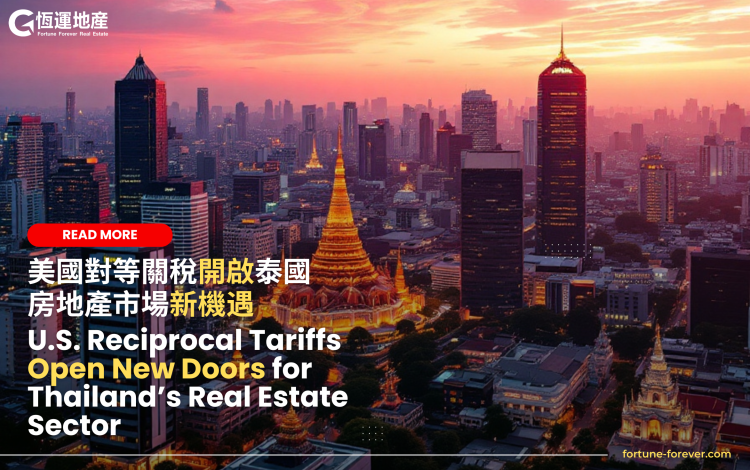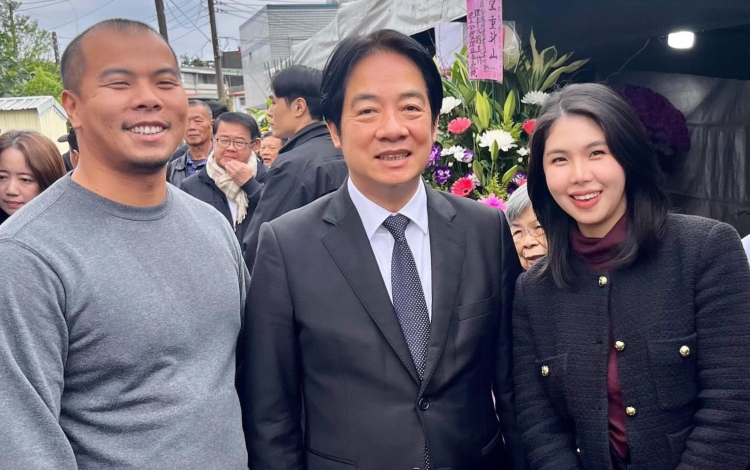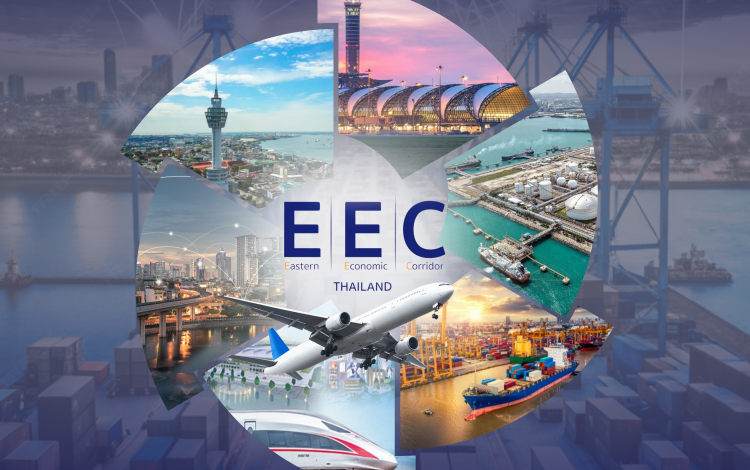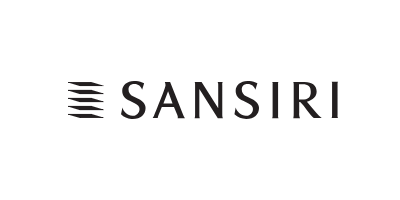
U.S. Tariffs Unlock New Opportunities in Thai Real Estate
Apr 10, 2025 • ActivitiesThe U.S. Reciprocal Tariff Policy has reshaped global investment strategies, making Thailand an increasingly attractive destination for foreign investors. With its strategic location, stable economy, and growing demand for infrastructure, Thailand presents a unique opportunity for international real estate investment. The strengthening of the U.S. dollar, combined with a weaker Thai baht, enhances the appeal of Thai real estate, providing foreign investors with better value and potential returns.
Key Opportunities for Foreign Investors :
-
Increased Foreign Investment in Real Estate
U.S. businesses diversifying their supply chains are increasingly choosing Thailand as a base, driving demand for commercial and industrial real estate. For foreign investors, this creates opportunities in office spaces, factories, and logistics hubs.
-
Currency Exchange Benefits for U.S. Investors
A stronger U.S. dollar relative to the Thai baht means that U.S. investors can acquire Thai real estate at a more favorable exchange rate, offering better value for money in both residential and commercial markets.
-
Growth in Industrial Real Estate
The relocation of manufacturing out of China, prompted by tariffs, has made Thailand an attractive hub for production. This shift has created increased demand for industrial properties such as factories, warehouses, and logistics centers, presenting significant investment potential for foreign buyers.
-
Boom in Residential and Commercial Development
As businesses relocate operations to Thailand, particularly in manufacturing and export sectors, there is a growing need for residential properties to house workers and commercial developments for offices and retail. This demand translates to opportunities for foreign investors in both sectors.
-
Diversification for U.S. and International Investors
The U.S. tariff policy has made Thailand a key market for foreign investors seeking to diversify their portfolios. Thailand’s real estate sector offers stable growth, making it an ideal choice for those looking to hedge against risks in their home markets. Properties such as vacation homes, condos, and long-term rentals have become popular among U.S. and international buyers.
-
Growth in Tourism-Related Real Estate
As more foreign investors seek international opportunities, Thailand’s tourism sector—comprising vacation homes, hotels, and resorts—has become a prime focus. The demand for short-term rentals and luxury properties, especially in high-tourism areas, is growing, providing substantial returns for real estate investors.
-
Thailand as a Regional Business Hub
With U.S. tariffs encouraging businesses to relocate to Southeast Asia, Thailand has emerged as a regional hub. This shift has spurred demand for both office spaces and residential properties, particularly in key cities like Bangkok and Chiang Mai, offering foreign investors an opportunity to tap into a thriving market.
Conclusion :
For foreign investors, the U.S. Reciprocal Tariff Policy has made Thailand’s real estate market a promising opportunity, particularly in industrial, residential, and commercial sectors. The combination of a favorable exchange rate, growing demand from international businesses, and a stable economic environment positions Thailand as a top investment destination for those seeking growth, diversification, and long-term value.











